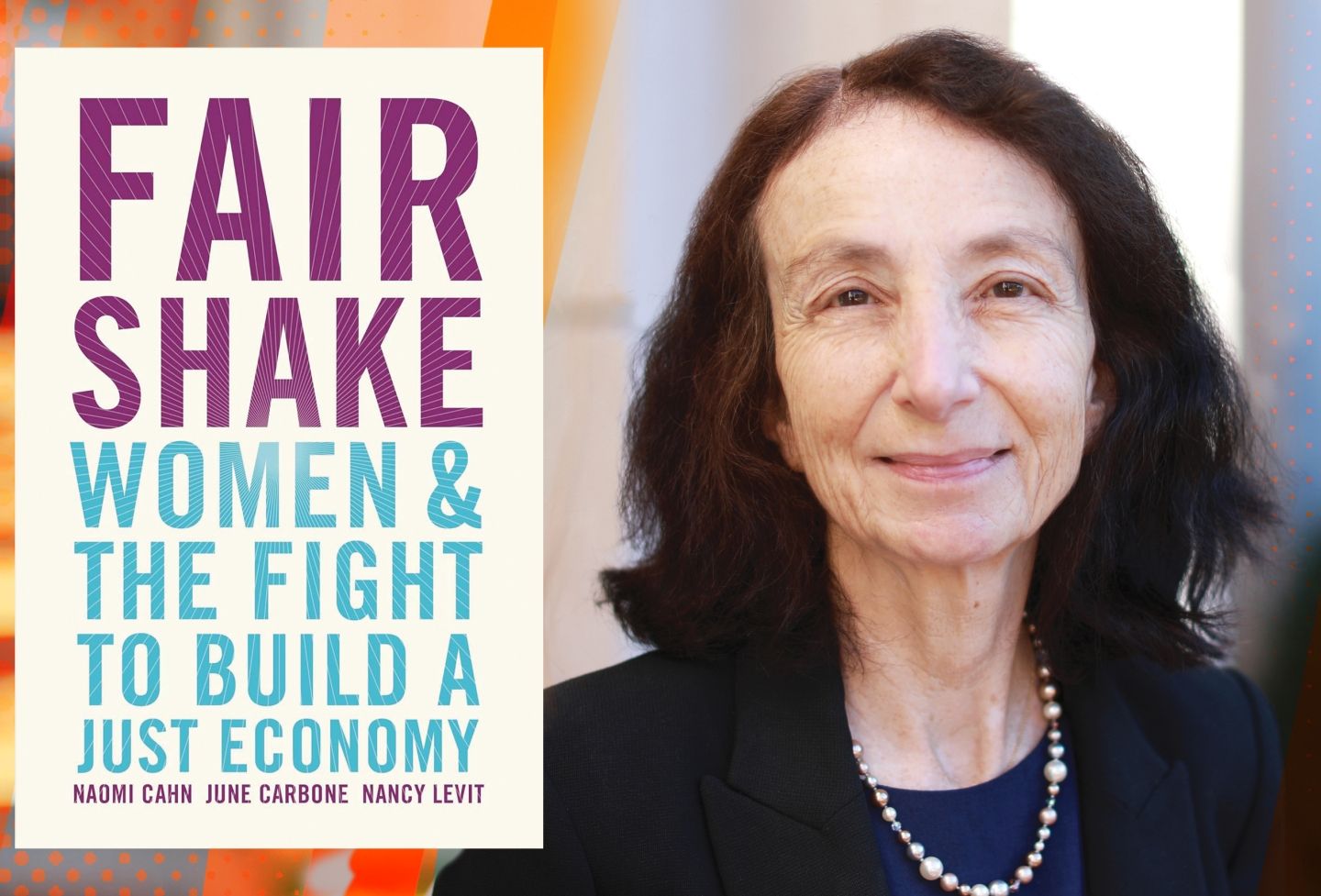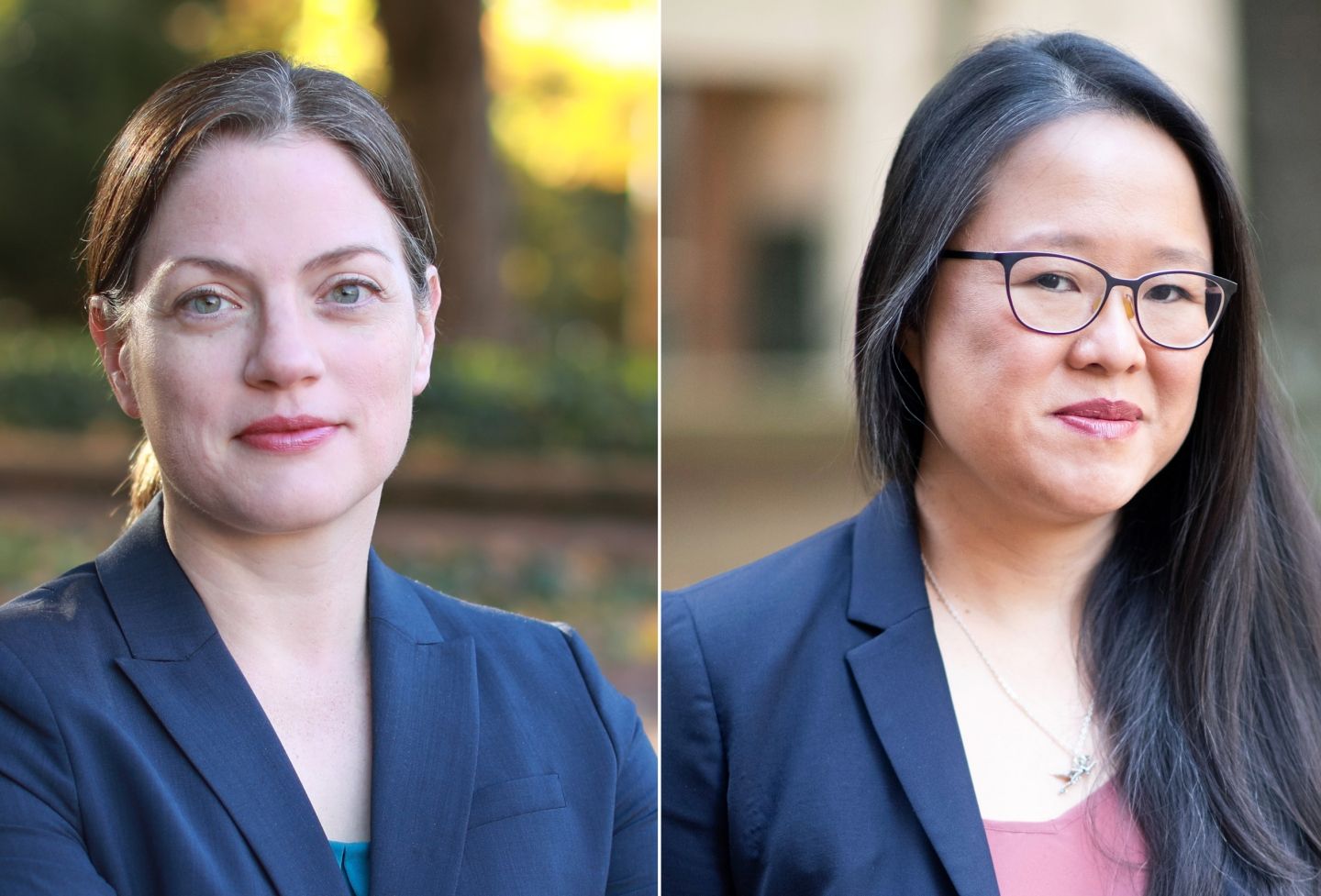The modern president is often criticized when he wields executive power without seeking congressional approval, but a new book by University of Virginia School of Law professor Saikrishna Prakash says that type of autonomy is very much in keeping with how the role of the executive was conceived.
"The presidency established by the Constitution was really quite regal in the sense that it was really a quite powerful office," said Prakash, author of " Imperial from the Beginning: The Constitution of the Original Executive. " Published by Yale University Press, the book offers the most comprehensive study of the origins of the American presidency to date.
"Though the founders were concerned about excessive presidential power, or more precisely excessive executive power, they nonetheless created a very strong institution — stronger than any that existed in America prior to 1787," Prakash said.
In 13 chapters, the book traces the origins of Article II of the Constitution, which establishes the presidency, and tries to explain the legal traditions behind each provision and what people of the time period took the provisions to mean. Prakash, who has written extensively on presidential power, drew upon well-known and obscure sources to reconstruct the understood powers, duties and responsibilities of the office.
While other authors have noted the similarity of the presidency to a monarchy, his goal was to compile an authoritative source for the rationales behind this view, he said.
Founded in 1819, the University of Virginia School of Law is the second-oldest continuously operating law school in the nation. Consistently ranked among the top law schools, Virginia is a world-renowned training ground for distinguished lawyers and public servants, instilling in them a commitment to leadership, integrity and community service.


